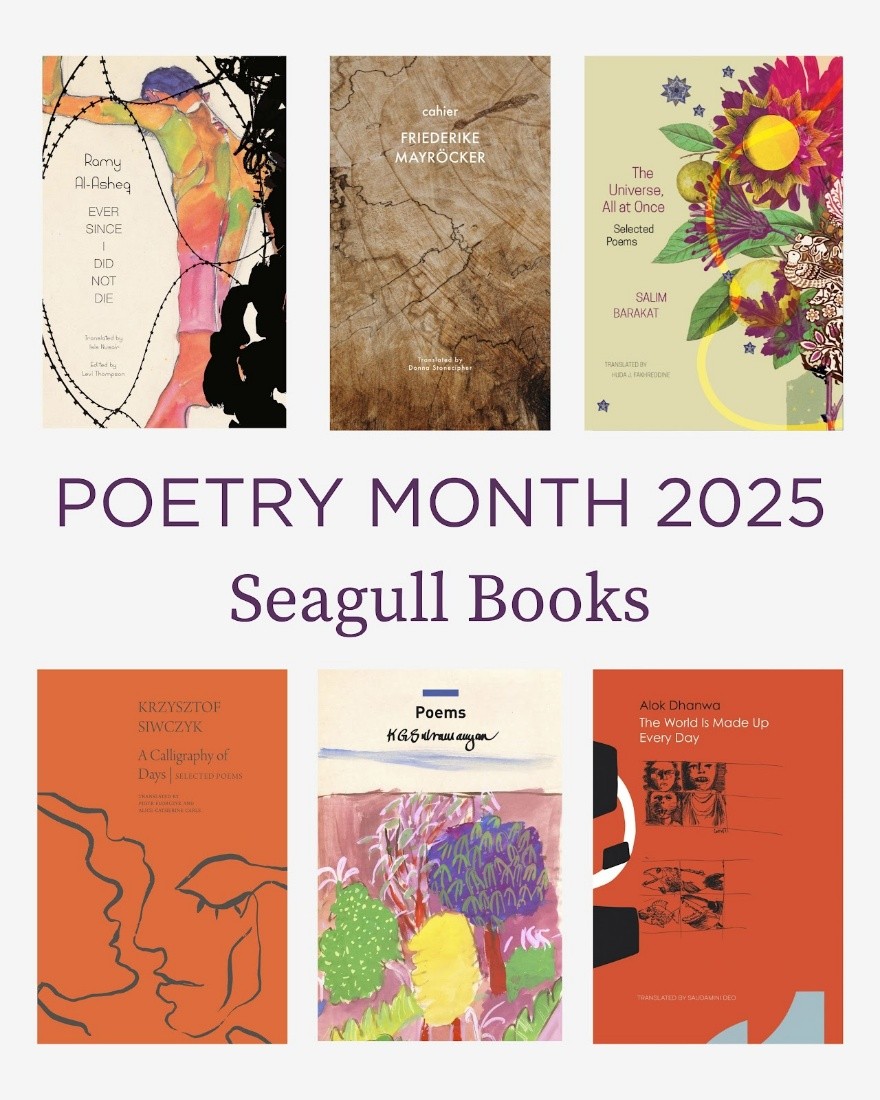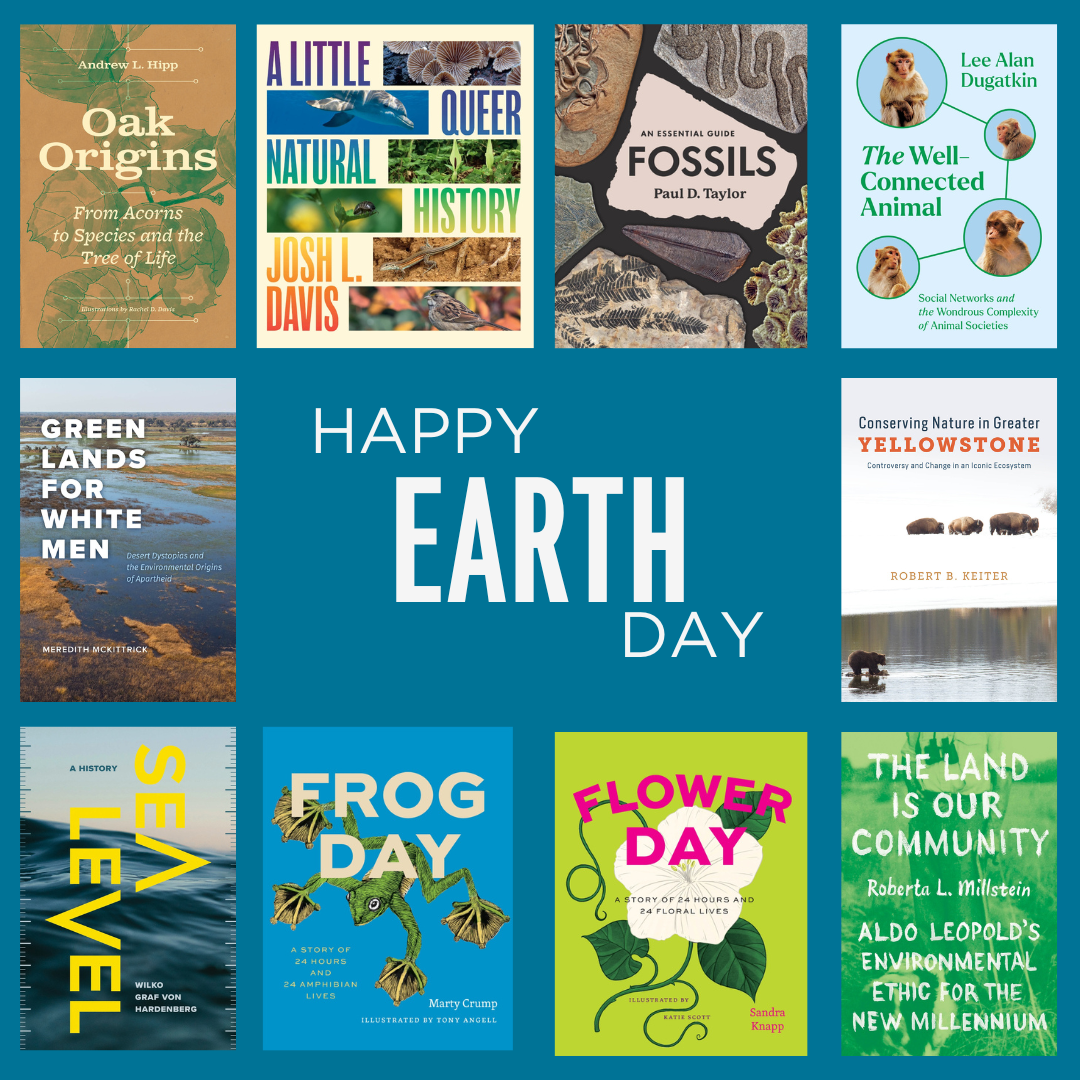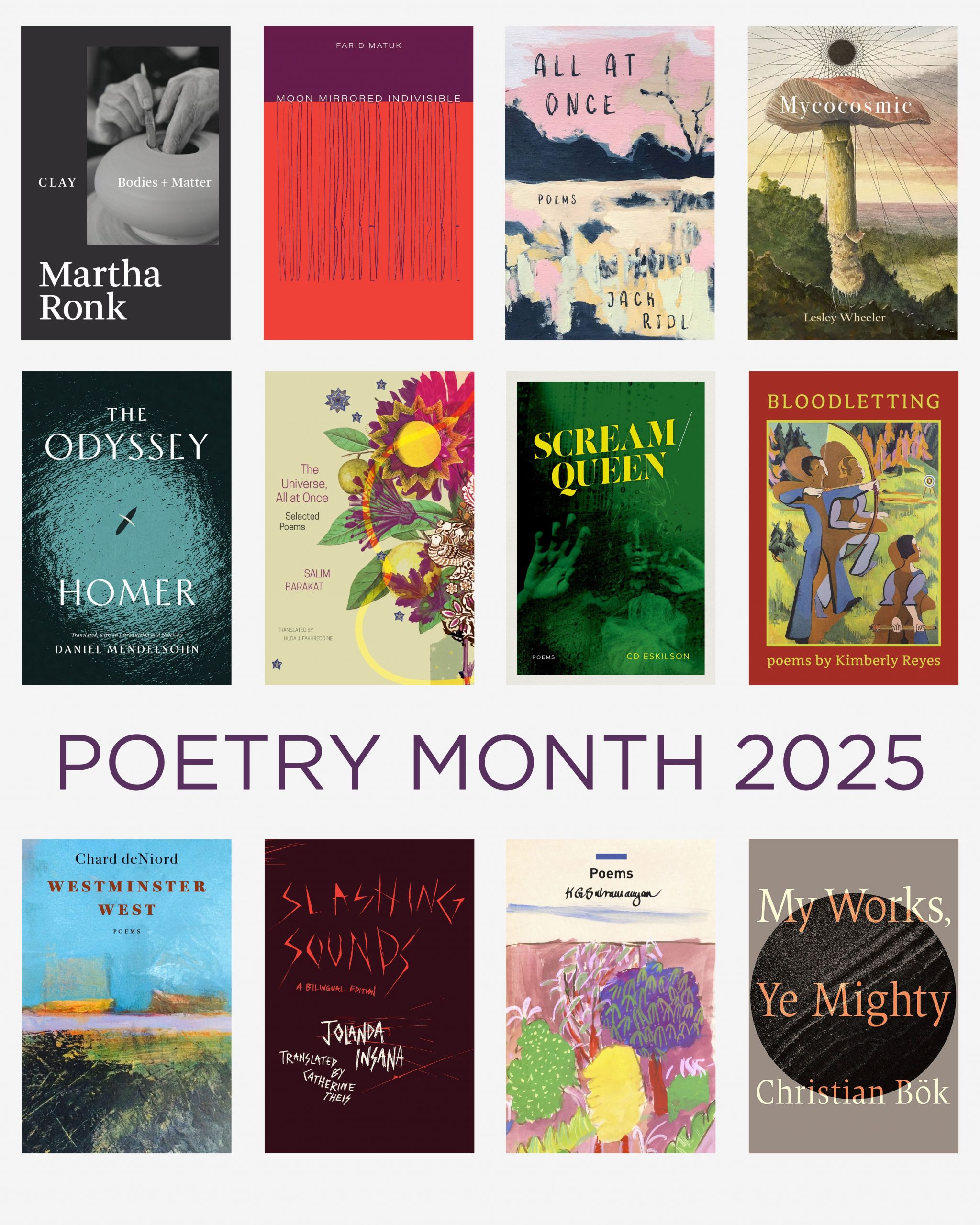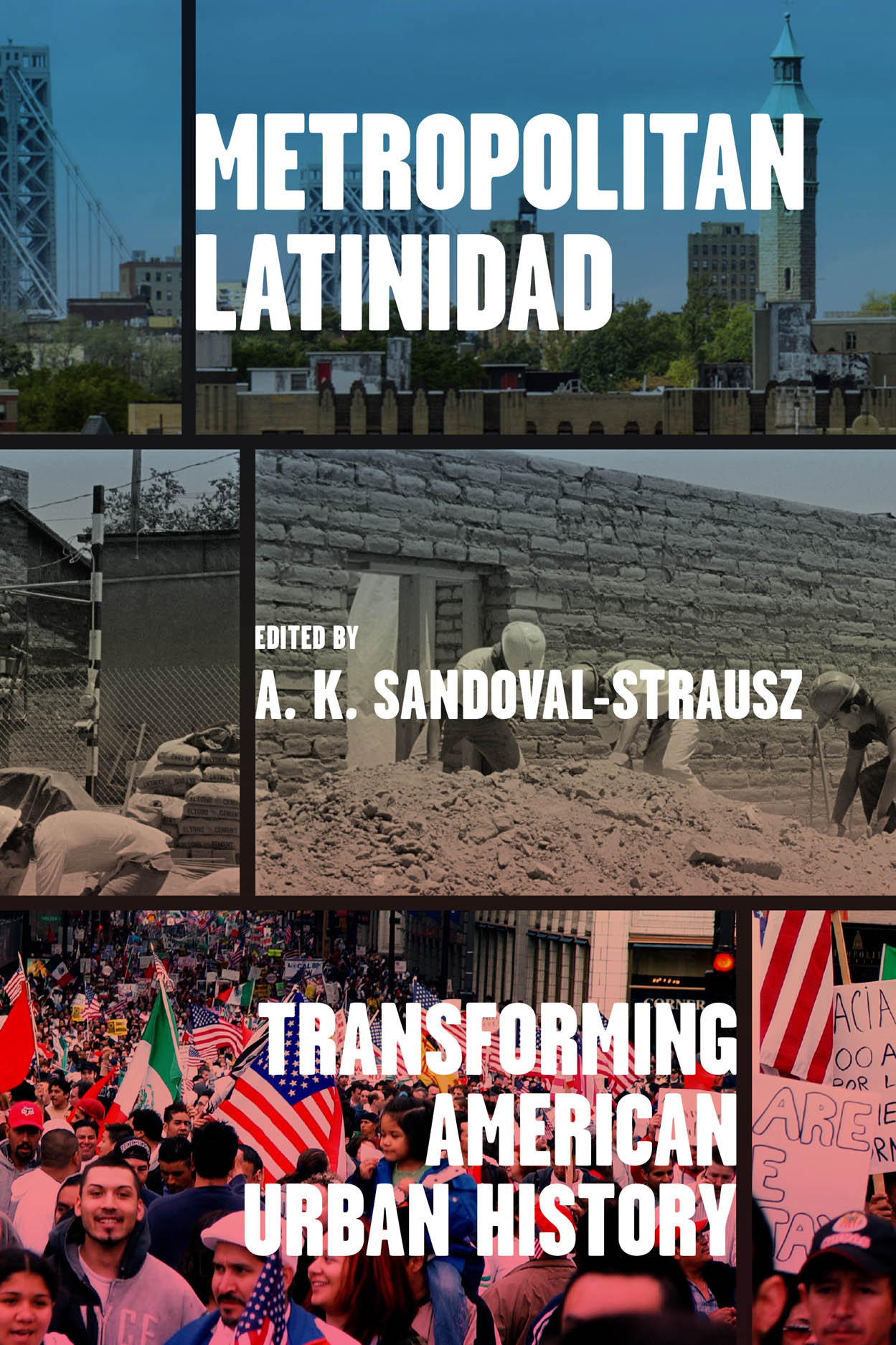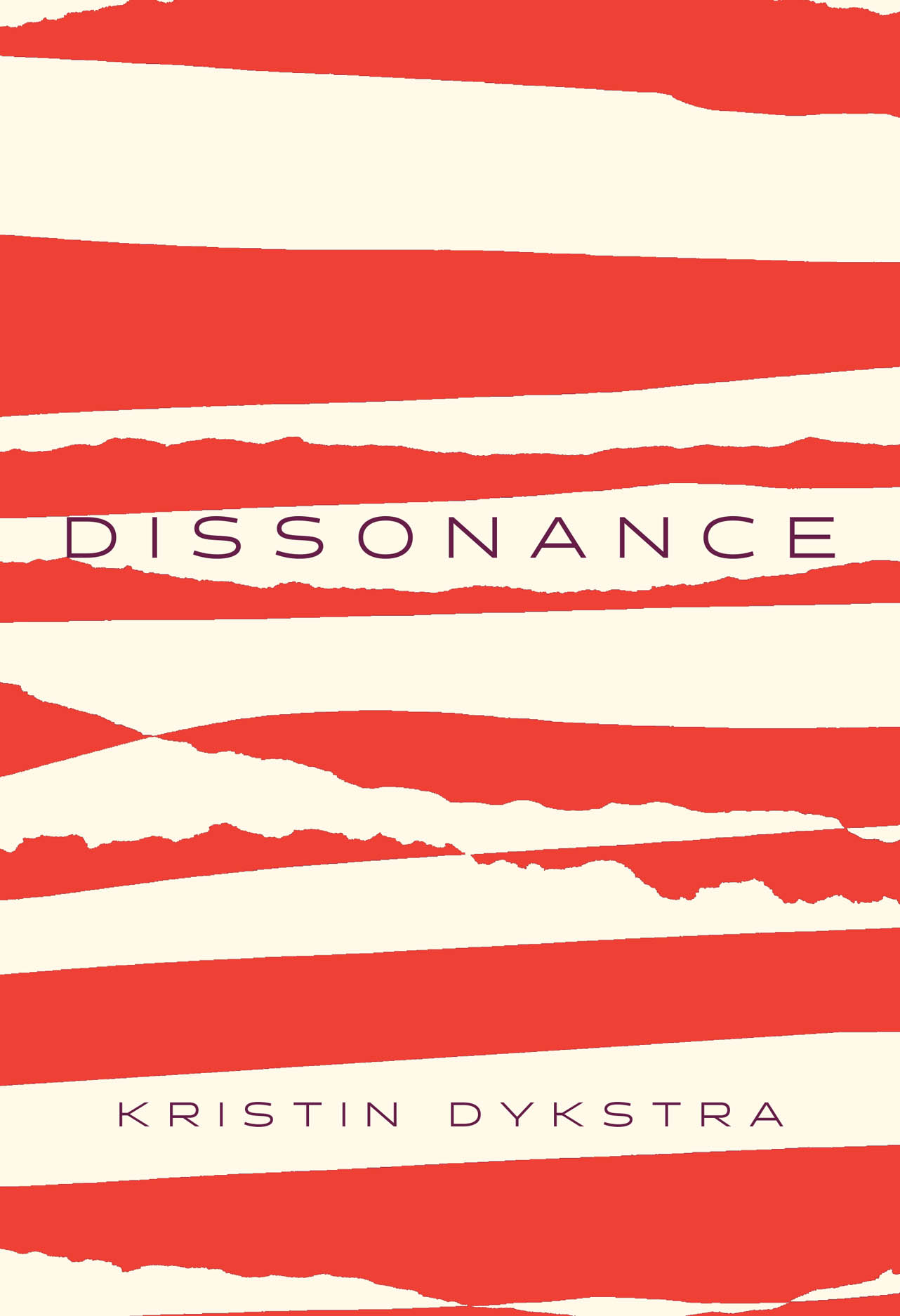Valentine’s Day can be both a beautiful and fraught time, with the pressures and expectations of grand passions and even grander gestures of roses, chocolate,
Read MoreThe Journal of African American History is seeking submissions for a 2027 special issue titled “Black Women’s History in the Twenty-First Century: Engaging the Future.”



